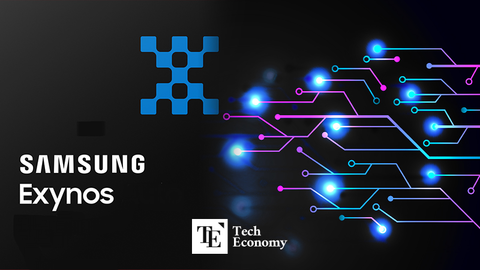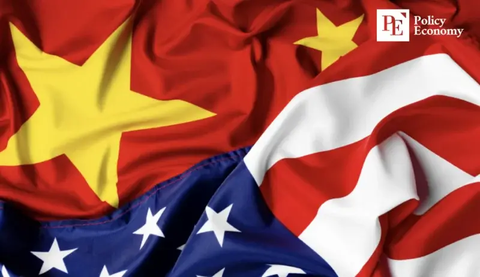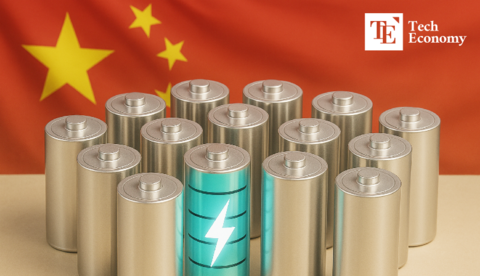Tesla Introduces Lease Card, Signaling a Push into the B2B Market
Input
Modified
Tesla Revamps Leasing Products, Revives Buyout Options Sales Defense Strategy Amid Intensifying Price Competition Targeting Corporate Clients for High-End Products
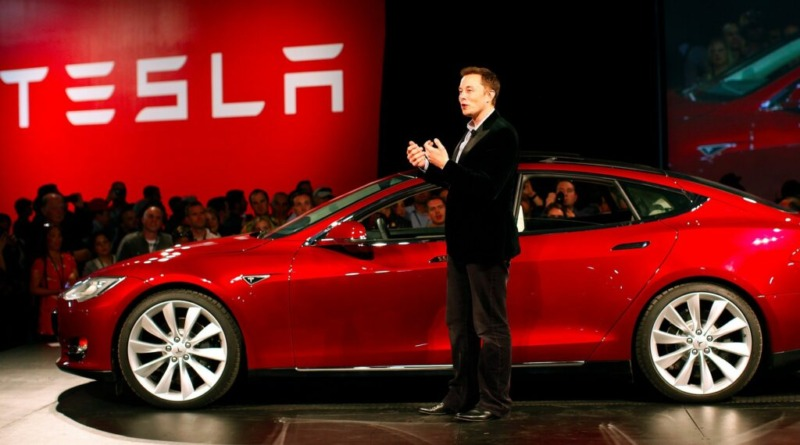
Tesla is strengthening its leasing products in an effort to overcome sluggish sales. Although recent surveys show that declining purchase interest in Tesla within the U.S. is largely driven by negative sentiment toward CEO Elon Musk, it appears that Tesla had already recognized the sales slowdown and started responding as early as late last year by reviving lease buyout options. The fundamental cause lies in intensified price competition from rivals like BYD. In response, Tesla is ramping up efforts to enter the B2B market by targeting corporate customers through its enhanced leasing offerings.
Elon Musk’s Personal Image Drags Down Tesla's Brand as Company Shifts to Survival Mode
April 27 (local time) — According to Barron’s, Tesla recently introduced a new leasing option aimed at making its vehicles more accessible to price-sensitive consumers. For a rear-wheel drive Model 3, customers can now pay $349 per month with no upfront payment — a slight increase from the $299 monthly lease introduced last year, but now eliminating the need for an initial deposit.
Tesla hopes this revamped lease offering will help attract new buyers following a tough first quarter, during which the company reported 337,000 vehicles sold, a 13% decline compared to the same period last year. Analysts point to more than just economic factors for the slump — Elon Musk's increasingly controversial personal brand appears to be a major drag.
A recent YouGov and Yahoo News survey conducted between March 20–24 found that 67% of American adults would not consider purchasing a Tesla, with the most cited reason being negative perceptions of Musk. His outspoken political and social stances have alienated many, particularly among young, progressive demographics — a core consumer base for eco-conscious electric vehicles. Industry observers warn that the erosion of support among these groups could deal long-term damage to Tesla’s brand value.
Signs of Structural Demand Weakness
Tesla’s recent moves suggest it anticipated these headwinds. Late last year, the company reinstated its buyout option for leased vehicles, a reversal of its 2019 policy mandating vehicle returns. Tesla framed the change as a consumer-friendly option offering more flexibility, but many industry insiders believe it reflects deeper structural issues, notably weakening demand.
Electrek, a prominent EV news outlet, noted that the move likely stemmed from Tesla’s inability to deliver a fully operational Full Self-Driving (FSD) system, contrary to earlier promises. Current FSD capabilities are largely limited to assisted driving on highways, with full autonomy still out of reach — a situation that has delayed Tesla's long-touted robotaxi rollout multiple times, now pushed to the latter half of this year. According to the Society of Automotive Engineers (SAE), Tesla’s FSD system only meets the criteria for Level 2 autonomy, where a driver must still remain fully engaged. In contrast, Level 5 autonomy would allow completely driverless operation.
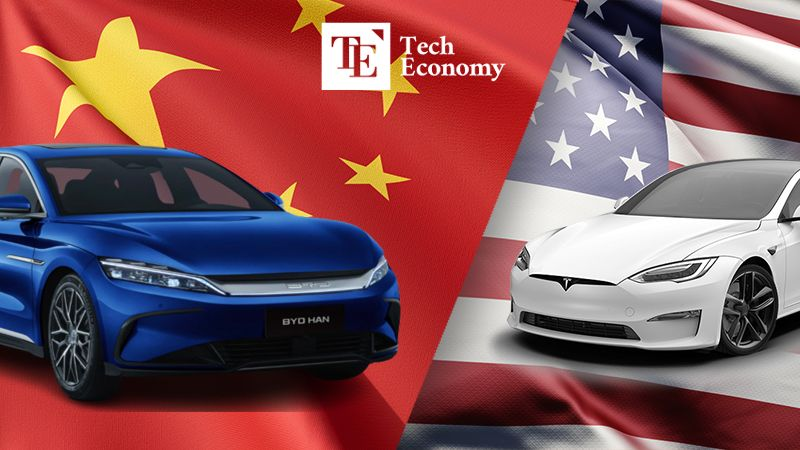
Intensifying Competition and Tesla's B2B Pivot
Beyond brand damage and technological setbacks, Tesla is also facing a seismic shift in the competitive landscape. Chinese automaker BYD is aggressively expanding its global market share with low-cost EV models, providing consumers with more affordable alternatives. Unlike Tesla, which maintains a relatively limited lineup (Model S, 3, X, and Y), BYD’s rapid model turnover and broad portfolio offer consumers more choices.
Price sensitivity is becoming a dominant trend, and Tesla’s premium positioning is making it increasingly vulnerable. Recognizing this, Tesla is now betting heavily on B2B (business-to-business) sales, targeting corporate clients who value long-term operational savings and sustainability over upfront costs. By enhancing its leasing program, Tesla aims to strengthen its position in the B2B market, securing fleet deals that can offset weakening consumer demand. The company sees corporate electrification — driven by environmental mandates and cost-cutting — as a growing opportunity.
Tesla’s intensified focus on leasing and B2B markets is not just a short-term sales boost, but a strategic pivot to ensure survival in a market where the competitive landscape is shifting rapidly. Facing off against aggressive pricing strategies from rivals like BYD, Tesla is working to protect its profitability and preserve its brand image. Whether Tesla can firmly establish itself as a dominant player in the B2B segment while fending off consumer dissatisfaction and intensifying competition will be crucial for its future — and the industry is watching closely.

